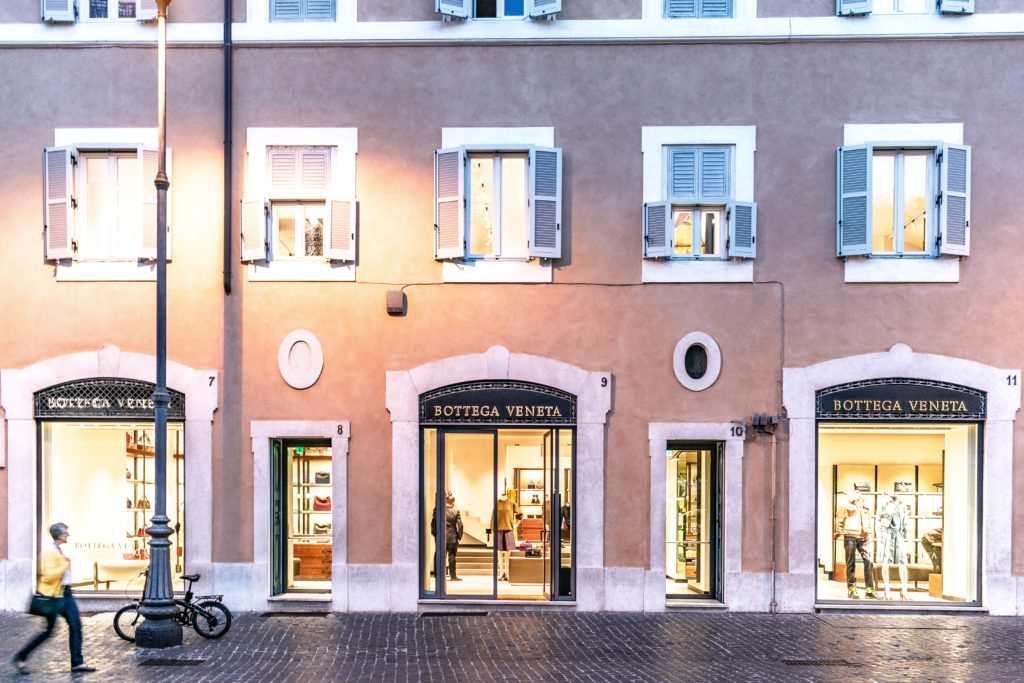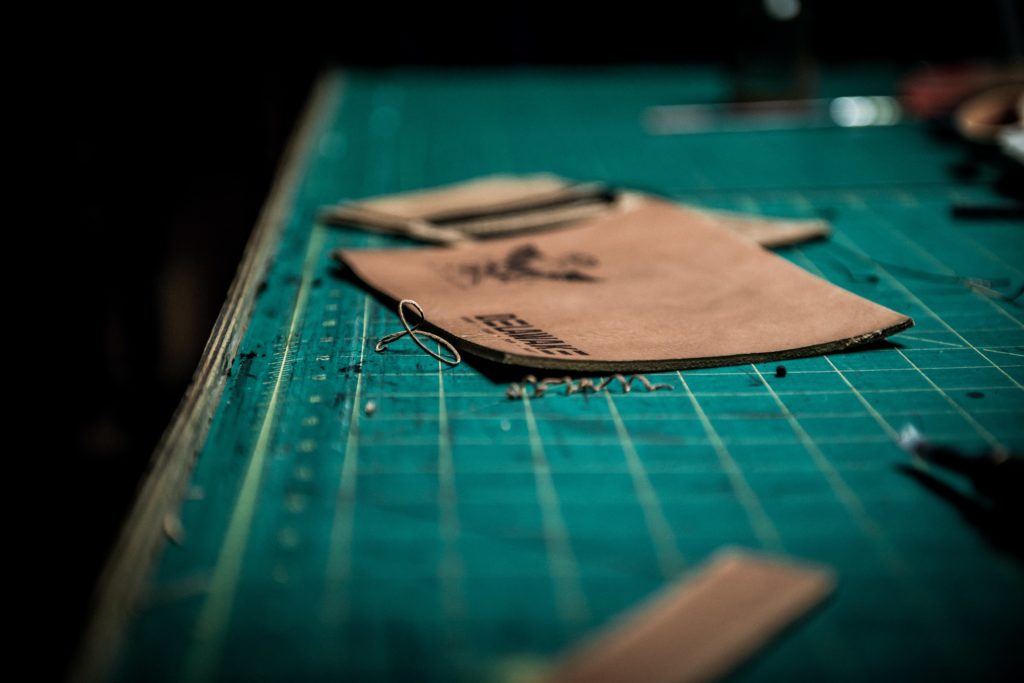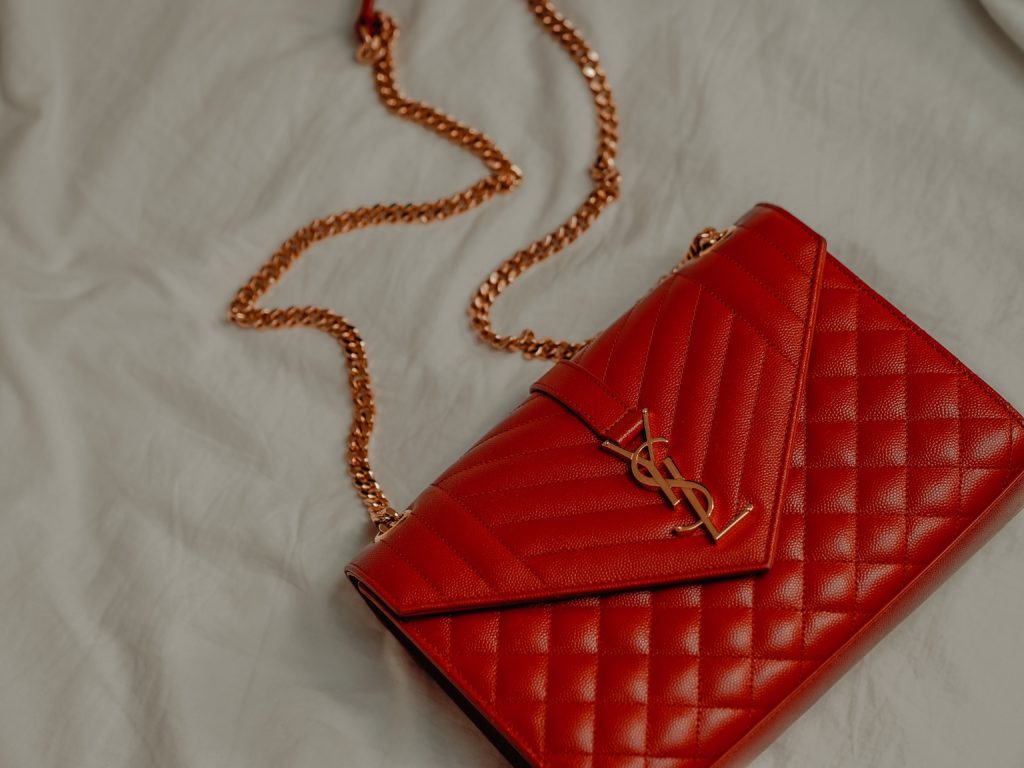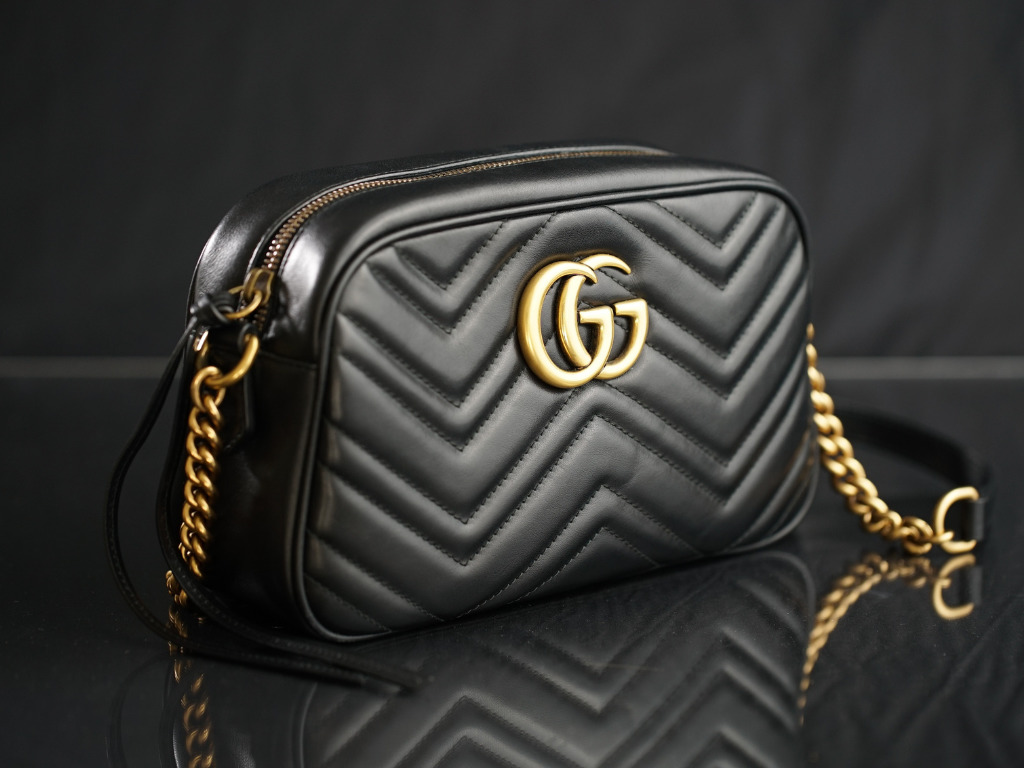4 Mins Read
French-based luxury fashion corporation Kering has announced it has backed San Francisco’s VitroLabs, a biotech startup that has created a platform for growing highly scalable, cultivated animal-derived leather that is environmentally superior to its conventional counterpart.
VitroLabs just announced the closing of a $46 million Series A funding round led by Agronomics with participation by Kering and Hollywood environmental actor Leonardo DiCaprio. As well as coming on board as an investor, Kering will lend support via product quality inspections, tanning and other finishing processes. No comment as to the environmental impact of such activities has been made, nor how they will stack up against the leather’s initial footprint.

Cultivated leather created with luxury in mind
VitroLabs intentionally set out to develop a leather that would appeal to luxury brands, such as those Kering specialises in. Comparable standards, increased sustainability and concern for animal welfare all underpin the foundations of the biotech operation.
“At a time when environmental stewardship is more important than ever, biotech companies have the opportunity to lead the way in changing how we produce materials and build supply chains, working hand in hand with existing artisans and craftspeople who are the cornerstone of the 400 billion dollar leather goods industry,” Ingvar Helgason, CEO and co-founder of VitroLabs told Fashion United. “By launching the first production of cultivated leather, we’ll hit a major milestone in fulfilling our mission to lead the shift towards a more sustainable future.”
The startup views what it is doing as inherently separate from the slew of plant-based leather alternatives. Where cactus, pineapple, and apple leather all use processed organic matter, VitroLabs maintains the biological integrity of real leather. This, it claims, allows artisans, craftspeople, and consumers access to the material they love, but with less ethical and environmental drawbacks.

The problem with real leather
Despite frequently being painted as a byproduct of the emissions-heavy meat and dairy industries, leather generates a catastrophic carbon footprint. By sheer scale of the sector alone, it creates vast emissions due to tanning, dyeing and other finishing processes. Per square metre of material produced, 17 kilograms of carbon emissions are released. This does not take into account animal agriculture emissions, which the conventional leather sector claims should not be connected to it.
The Sustainable Apparel Coalition has previously published data that shows leather is the third most environmentally impactful material in terms of production, following silk and alpaca wool. Trthe leather industry has vehemently refuted this claim.
As an industry, leather is predicted to reach a global value of $624.08 billion by 2028. It has been reported that simply discarding animal hides would create far fewer emissions than converting them into leather and associated goods. In line with this thinking, the ‘byproduct’ argument becomes moot and the case for alternatives to leather is strengthened.

Real leather without the slaughter
VitroLabs says it’s the first startup in a position to scale cultivated lather for mass production. R&D efforts have been ongoing since 2016, with tissue engineering methodologies used to develop what is now a workable material.
“Over the last two years, we have been laser-focused on pushing our tissue engineering platform in order to increase efficiency and to optimize tissue production to obtain the look, feel, and performance of traditional leather at scale,” Dr Dusko Ilic, co-founder of VitroLabs said. “With several major breakthroughs in the areas of bioreactor design, bioprocess and facility design, and cell culture development, we are now on our way to a scalable process that delivers the desired premium qualities, forging a path towards the ultimate goal of industrialization.”
Kering’s investment represents a widening of its commitment to be fur-free by the end of 2022. It owns brands including Balenciaga, Bottega Veneta, Gucci, Alexander McQueen and Yves Saint Laurent.
What will the leather sector make of cultivated material?
The traditional leather industry has been a little unwilling to accept some of the new materials coming to market. Portugal, in particular, made its feelings known with a unilateral ban on terms such as ‘vegan leather’ being used to describe anything not made from animal skins. Consumers might drive the alternatives market forward, however. Last year, it was revealed that more than 50 percent of U.S. consumers prefer cruelty-free leather substitutes, while the number shot up to 90 percent in China.
Lead photo by James Ree at Unsplash.





